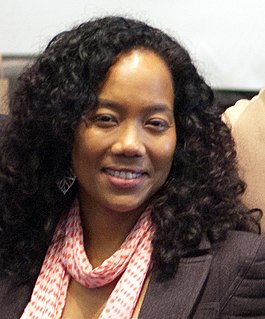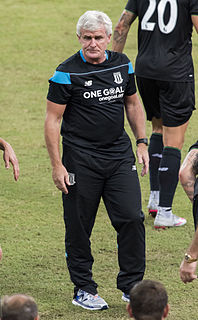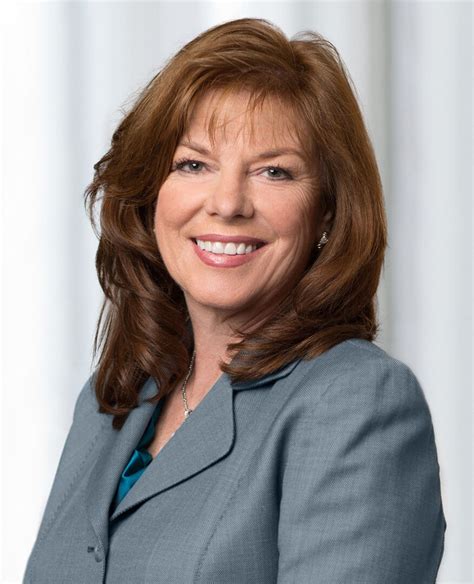A Quote by Sonja Sohn
It's hard to get money to support your [non-profit] organization if you have no evidence. It's very much like the acting business: You need an agent and manager so you can get a job to get resources, but you can't get an agent and a manager unless people see your work.
Related Quotes
It's really hard to get a coffee with someone. I have to call my agent, my agent calls their agent, their agent calls their manager, the manager calls back, the actor sends someone to the manager... then you get, 'Yeah, yeah, I'd love to have dinner at six,' and all I wanted was coffee! It can take, like, six days to get coffee.
In any of the big acting cities, there are breakdowns that the casting directors put together for the projects that they're working on and then they get sent out to the agents and stuff like that. It's difficult to find projects, sometimes, unless your agent or manager is submitting you for those specific projects.
Every manager has different opinions and all you can do as a player is try to fight and get your spot back, or at least earn your manager's trust back to try and get your spot back. There's no use sulking about it, you just get on with it and try to raise your game to get back to the level you need to be when you were starting.
I wish that there was a program in college that taught you what to do about getting head shots, how to get an agent, how to get a manager, how to - none of that was taught. It was all your craft, and I'm very appreciative that they taught the craft in theater, but film and television are completely different than theater.
I was asked to lose weight by a network for a TV pilot. The conversation happens because you get a job, and your agent or manager calls, and they say, 'They are so excited about you. They just think there is no one better for this part, and they want you to look and feel your best. They really feel that that could include losing 15 or 20 pounds.'
If you want to be traditionally published, then you most likely want to get a literary agent. To sign with an agent, you need to send them a query letter, but agents can get up to 20,000 query letters a year. With numbers like that, it helps to get in front of agents with every opportunity you have.




































